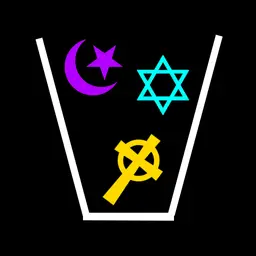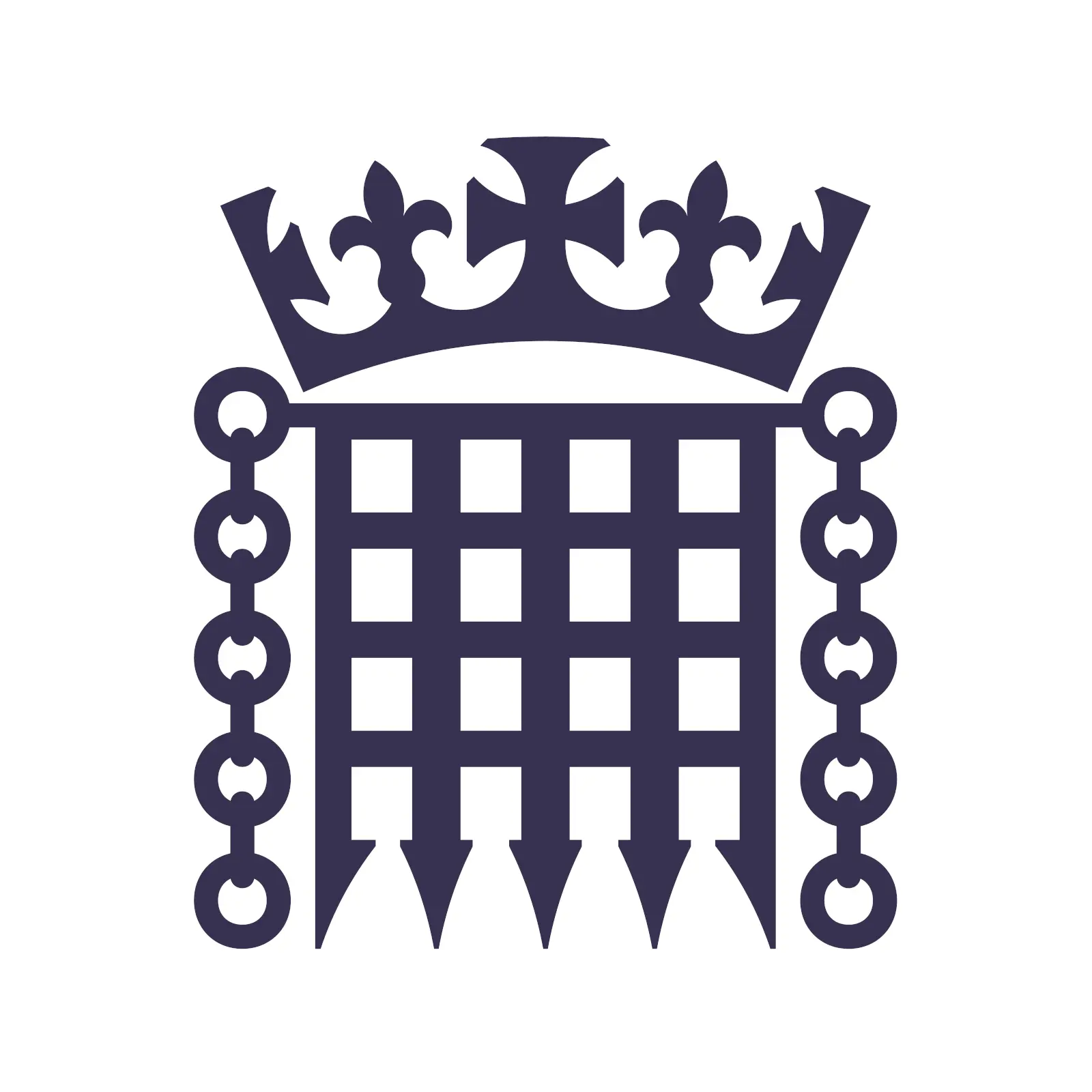

It’s not clear if the developers are simply trying to build a free alternative to Duolingo, but I’m not a fan of that approach anyway.
I tried Duolingo, but it was really just a flashy form of rote memorization. I had much greater success using Language Transfer, which is also free but is a series of MP3s.
Maybe this could be used in conjunction with LT, the former for vocabulary and the latter building up grammar and processing skills.










I have been learning Spanish with Language Transfer. My wife has too, and even though she does not have much of a gift for languages, she found it very intuitive and rewarding.
For those of you who haven’t looked at language transfer, it has Spanish, Greek, Turkish, Arabic, French, German, Swahili, italian, and music theory. Some of those are introductions, others are full courses.